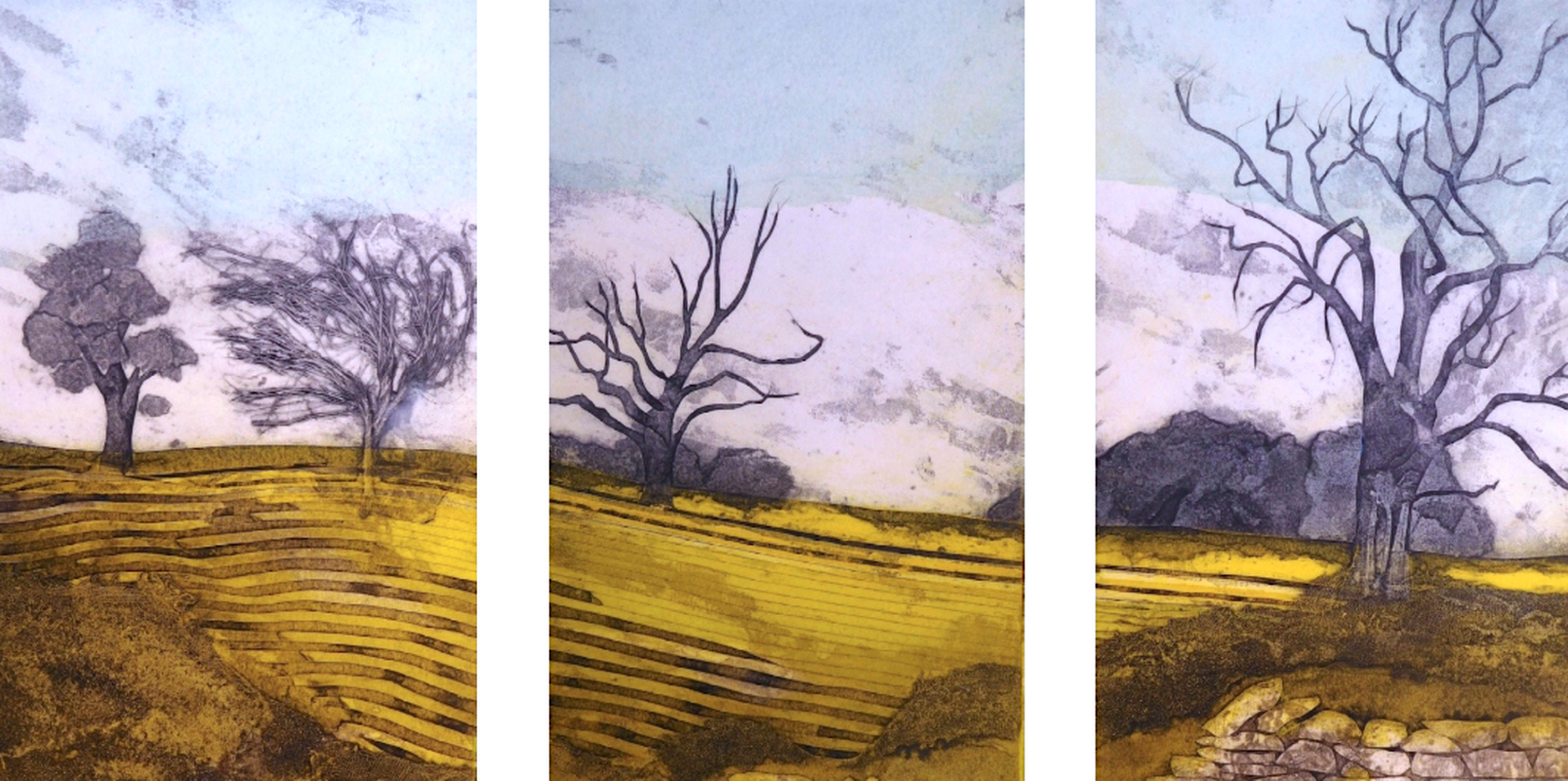
SARAH ROSS-THOMPSON AND THE ART OF COLLAGRAPHED PRINTS
I interviewed artist Sarah Ross-Thompson whose exceptional Collagraphed prints use fabrics, lichen, porridge and string to create images of the dramatic Scottish Highlands where she
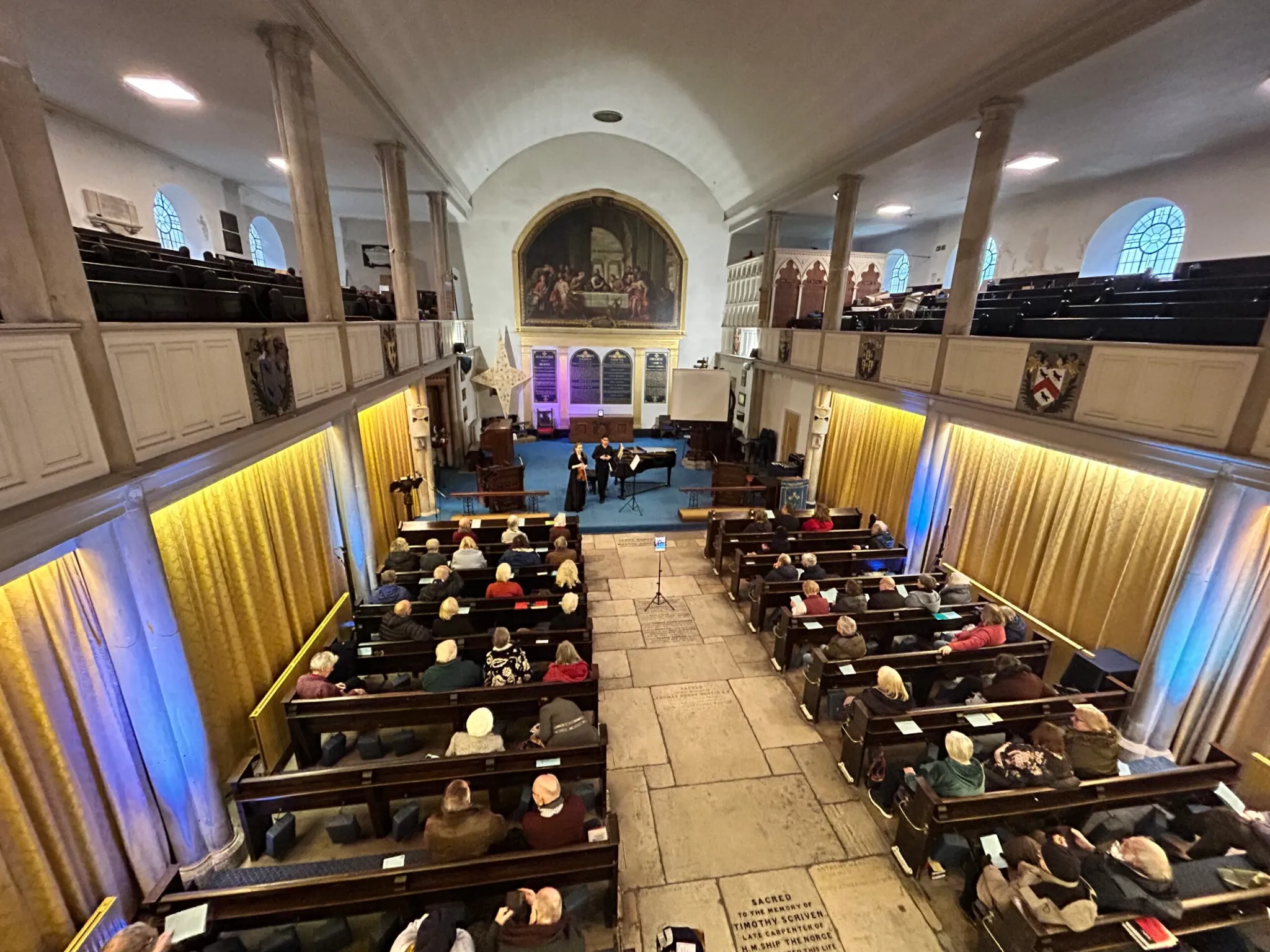
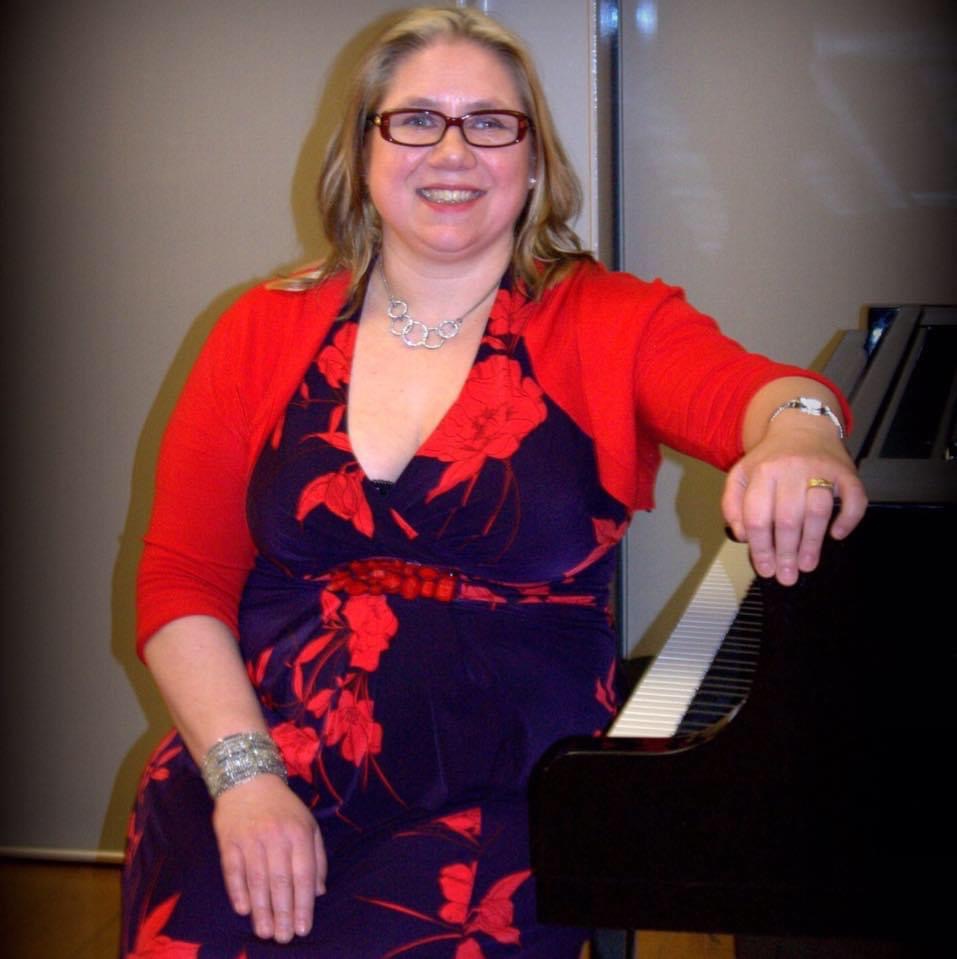
I interviewed Frances Wilson about Chamber Music Weymouth , a showcase for emerging and established musicians who perform innovative new music as well as rarely-performed pieces from the traditional classical repertoire.
Frances Wilson is a publicist and writer working in classical music under the pen name The Cross-Eyed Pianist, and since 2019 has been Concerts Manager of Chamber Music Weymouth (formerly Weymouth Lunchtime Chamber Concerts).
Leslie: How did the Lunchtime Chamber Concerts at the Weymouth Arts Centre (and then St Mary’s Church) begin, and what was their original aim in terms of repertoire and performers?
Frances: The series was founded in 2002 by concert pianist and Weymouth resident Duncan Honeybourne. Having returned to Weymouth after completing his studies at Birmingham Conservatoire, Duncan wanted to bring regular high quality lunchtime concerts to his own corner of Dorset, and was also keen to establish a platform for chamber music partnerships with friends, to invite friends and colleagues to explore the area, to promote young artists and to try out his own solo programmes. He also wanted to build up a loyal audience willing to trust his artistic judgement and give unusual or rarely-performed repertoire a hearing as part of a regular series. From the outset, the series has prided itself on the calibre of its artists and variety of its programmes.
Leslie: In what ways were the first Lunchtime Concerts presented? How did they avoid what their founder, Duncan Honeybourne, calls, “… the snobbery, elitism and exclusivity which so often attaches itself to classical music.”
Frances: The ongoing aim of the series is to make people feel welcome so that they enjoy the music. Duncan always talks to the audience, to introduce the programmes, and we encourage our guest artists to do the same. This creates a friendly connection from the moment the concert begins. Duncan is also well-known in the local area (some of our audience members are family friends of his) and I believe this helps to create a sense of community and shared experience. We also keep the ticket prices low to reflect the demographic of the area: Weymouth is not a wealthy area.
We are not prescriptive about programming and invite our guest artists to bring both well-known and lesser-known or rarely-performed music to their programmes. Thus, our audience is treated to an imaginative, varied and sometimes quite unusual range of music (for example, last year the pianist Matthew Schellhorn performed a new work by Ben Gaunt which was accompanied by a film, and this year we hosted a sea shanties choir).
Leslie: What have been some of the standout performances and musicians to appear at the Lunchtime Concerts? Tell us a few stories…
Frances: There have been many! We have been fortunate to host concerts by some of the leading musicians working in the UK today, including cellist Joseph Spooner, piano duo John Humphreys and Allan Schiller, pianist Margaret Fingerhut ,and bass-baritone Timothy Dickinson. Perhaps one of the more memorable concerts was in September 2021, when we were able to resume the series properly after the Covid-lockdowns. My former piano teacher Penelope Roskell (who grew up in Weymouth and whose parents knew Duncan’s family) gave the opening concert of the new season. Her programme included Schubert’s final sonata and I recall people coming out of the church in tears; they were so happy to be enjoying live music once again.
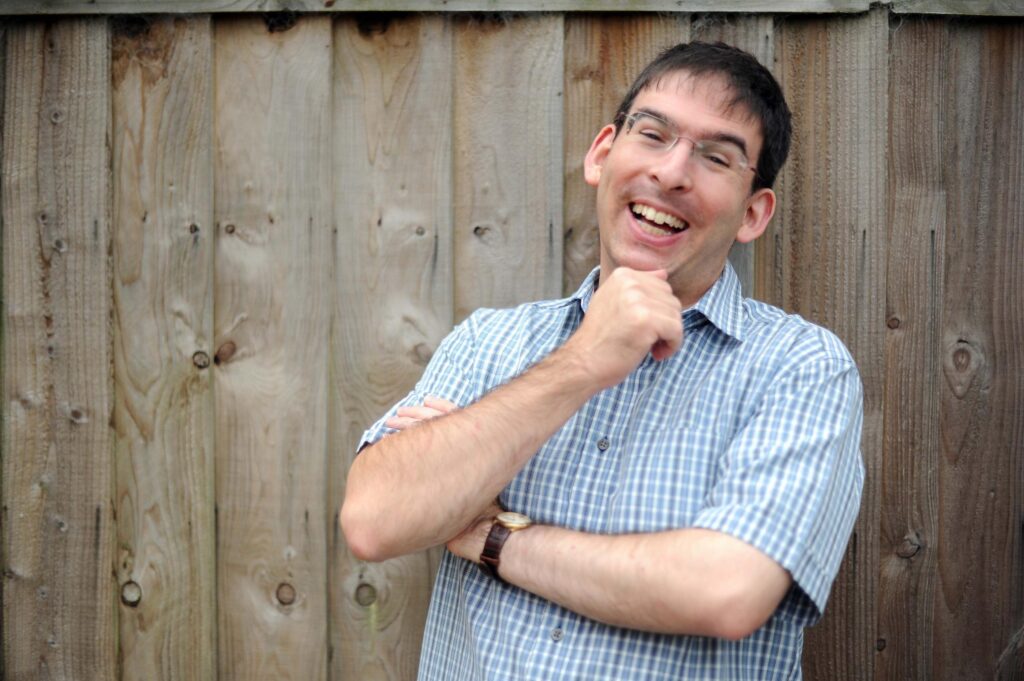
In April this year, the pianist Joseph Tong was invited to play for us. Plagued by major train disruption, Joseph valiantly made his way to Weymouth on about four different trains (!!). Duncan stepped in to fill in the programme while my husband went to the station to whisk Joseph into the car and back to the church as quickly as possible. Despite his late arrival, he played his full programme, ending with Ravel’s extraordinary Gaspard de la Nuit.
But perhaps the most impressive concerts have been those given by young musicians, students of Duncan at Junior Royal Academy and Southampton University. To see these young people performing with so much poise, artistry, skill and enthusiasm is wonderfully inspiring and gives us hope for the future.
Leslie: What has been your role since you joined the Lunchtime Concerts in 2019? What have been the challenges, how did you deal with them, and how has it grown/changed?
Frances: I was invited to take over the role of Concerts Manager in winter 2019. I’d been living in Dorset for just over a year and had got to know Duncan personally (we had been friends via Facebook for some years prior to that). He knew my work through my website The Cross-Eyed Pianist and I think recognised in me a kindred spirit in my attitude and approach to music (both teaching and concert-giving/going). Having been a regular concert-goer when I lived in London, I was immensely pleased to take on a role which allowed me to enjoy live classical music once a month, as well as the opportunity to meet more musicians, interact with our audience, and work alongside Duncan. I look after the admin and publicity for the series while Duncan’s focus is on the artistic direction (with some input from me).
The biggest challenge came just a few months into the role when Covid struck and the country was placed under lockdown. We had our 2020/21 season nicely planned with artists booked, but in March 2020 we had to cease all our activities. Duncan offered video concerts from his home, including a wonderful initiative to support composers called Contemporary Piano Soundbites, in which he commissioned a set of short piano pieces, some of which were premiered when we were able to resume performances after the first lockdown. The entire set was later recorded.
When we were able to resume concerts in summer 2020, we had to do things differently to comply with government Covid restrictions. As we could only allow 25 people in the church (under a third of our normal audience), we presented two concerts of 45 minutes each. This ensured we had sufficient ticket sales to just about cover our costs. We also instituted an online box office (which we have retained). Keen to support us and to enjoy live music when they could, our audience adapted to the new way of doing things, just as we did. The series could so easily have faltered at this time, but I think the fact that we tried to keep it going, despite the challenges, gave our audience confidence in us and our first concert of the 2021/22 season was a sell-out.
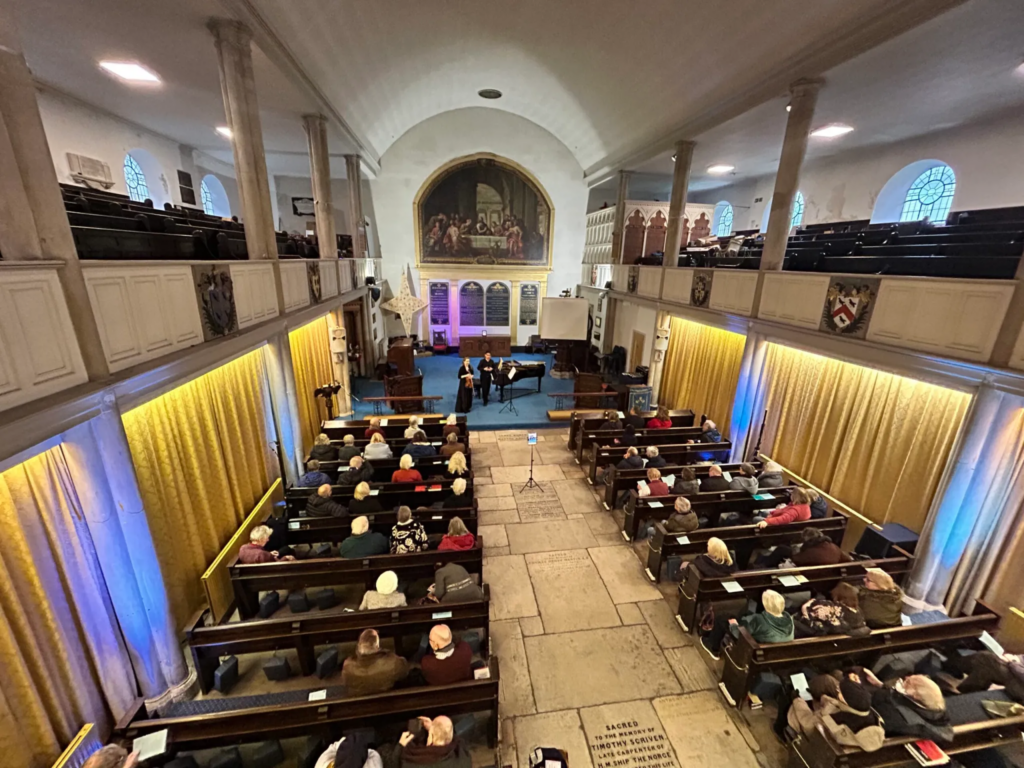
Leslie: How is Chamber Music Weymouth going to build on and develop the Lunchtime Concerts formula? What the types of music are you expanding to cover – why them and how did they come about?
Frances: The lunchtime formula will probably remain largely the same because it’s one which works for everyone and is very popular with our audience. Similarly, our desire to bring both established artists and young musicians at the start of their professional careers to Weymouth remains the guiding ethos of the series. And we will continue to encourage our artists to introduce our audience to more unusual repertoire and lesser-known composers. In addition, Duncan’s wide connections with contemporary composers and his longstanding advocacy of unknown or rarely-performed music means there is no shortage of ‘new’ music to intrigue and delight our audience.
We were fortunate to receive a generous donation from another music society in the area, which sadly had to cease after some 70 years of presenting concerts. This has enabled us to think more creatively, including a summer series of Sunday afternoon concerts, featuring two Young Artist Showcase events, and the aforementioned sea shanties group. We are keen to put our stretch of the Jurassic Coast on the UK classical music map, and in addition to our lunchtime series, we plan to host more Sunday concerts, as well as a festival, courses and even a piano competition for young professionals.
The series celebrates its 25th anniversary in 2027, and we are already thinking of ways to mark this significant event.
Next week, I interview Deirdre O’Kelly about singing a cappella and having long Covid.
ABOUT LESLIE TATE’S BOOKS:

I interviewed artist Sarah Ross-Thompson whose exceptional Collagraphed prints use fabrics, lichen, porridge and string to create images of the dramatic Scottish Highlands where she

Part 2 of my interview with Mark Statman looks closely at Mark’s Latin American poetic influences, his life in Mexico and ends with an extract

I interviewed international poet and translator Mark Statman about Volverse/Volver, his 14th published collection. Mark, who has won national arts awards, is Emeritus Professor of Literary

I interviewed Lisa Dart, finalist in the Grolier, Aesthetica and Troubadour Poetry Prizes and author of The Linguistics of Light (poems, Salt, 2008), Fathom (prose

I interviewed writer Julia Lee Barclay-Morton about her experience of autism. Julia began as an experimental dramatist in New York, moving to the UK to
| Cookie | Duration | Description |
|---|---|---|
| cookielawinfo-checkbox-analytics | 11 months | This cookie is set by GDPR Cookie Consent plugin. The cookie is used to store the user consent for the cookies in the category "Analytics". |
| cookielawinfo-checkbox-functional | 11 months | The cookie is set by GDPR cookie consent to record the user consent for the cookies in the category "Functional". |
| cookielawinfo-checkbox-necessary | 11 months | This cookie is set by GDPR Cookie Consent plugin. The cookies is used to store the user consent for the cookies in the category "Necessary". |
| cookielawinfo-checkbox-others | 11 months | This cookie is set by GDPR Cookie Consent plugin. The cookie is used to store the user consent for the cookies in the category "Other. |
| cookielawinfo-checkbox-performance | 11 months | This cookie is set by GDPR Cookie Consent plugin. The cookie is used to store the user consent for the cookies in the category "Performance". |
| viewed_cookie_policy | 11 months | The cookie is set by the GDPR Cookie Consent plugin and is used to store whether or not user has consented to the use of cookies. It does not store any personal data. |